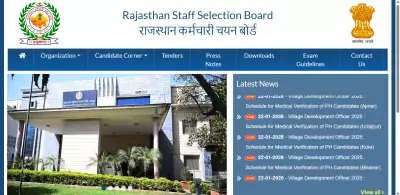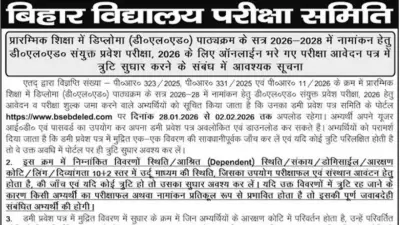
In a significant development that could reshape India's maritime research landscape, academic scholars from Delhi University are spearheading a movement demanding comprehensive reforms in the funding mechanism for maritime studies. The push comes at a crucial time when India is increasingly focusing on its blue economy potential.
The Core Demands
The scholars have outlined several critical areas requiring immediate attention:
- Streamlined funding applications to reduce bureaucratic hurdles
- Increased financial allocation for maritime research projects
- Transparent evaluation processes for research proposals
- Enhanced infrastructure support for maritime studies departments
- Long-term funding commitments for sustained research programs
Why This Matters Now
"India's maritime sector holds tremendous untapped potential," explains one senior academic involved in the initiative. "However, our research capabilities are being hampered by outdated funding mechanisms that don't account for the unique requirements of maritime studies."
The timing of this push is particularly significant given India's growing focus on maritime security, blue economy initiatives, and ocean resource management. With climate change impacting coastal ecosystems and increasing geopolitical importance of sea routes, robust maritime research has never been more critical.
The Proposed Solution
The scholars are advocating for a dedicated maritime research fund that would operate with greater autonomy and specialized evaluation criteria. This would include:
- Expert committees with maritime research background
- Multi-year funding cycles for long-term projects
- Special provisions for field research and data collection
- Industry-academia collaboration incentives
The movement has gained traction among younger researchers who often face the brunt of current funding challenges. Many promising maritime research projects reportedly get stalled due to funding delays and complex approval processes, potentially costing India valuable insights and competitive advantages in maritime sciences.
Looking Ahead
As the dialogue gains momentum, stakeholders are hopeful that this academic initiative will trigger much-needed policy changes. The success of this reform push could potentially position India as a global leader in maritime research while supporting the nation's strategic and economic interests in the maritime domain.
The coming months are likely to see increased discussions between academic institutions, government bodies, and policy makers as this important conversation about research funding evolution continues to develop.





